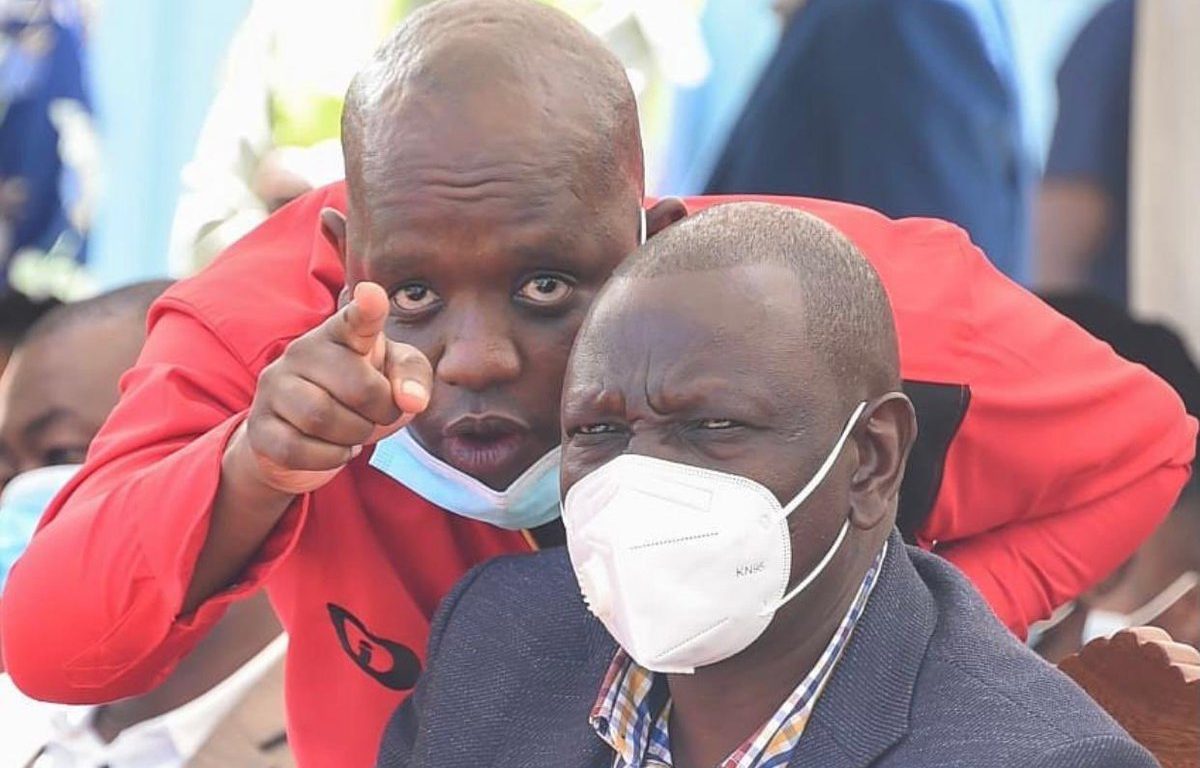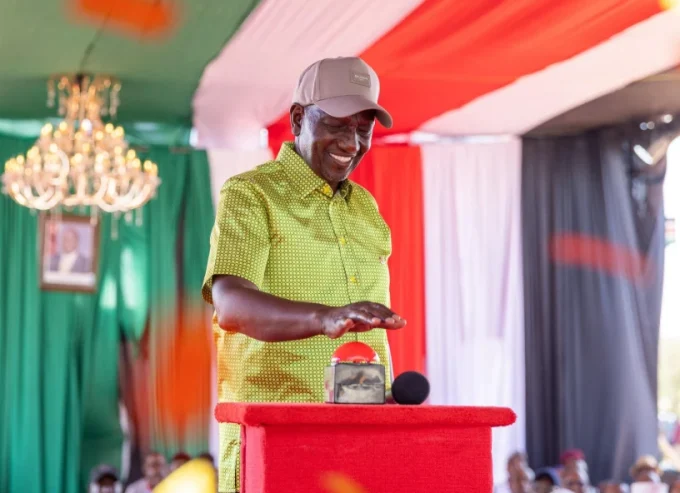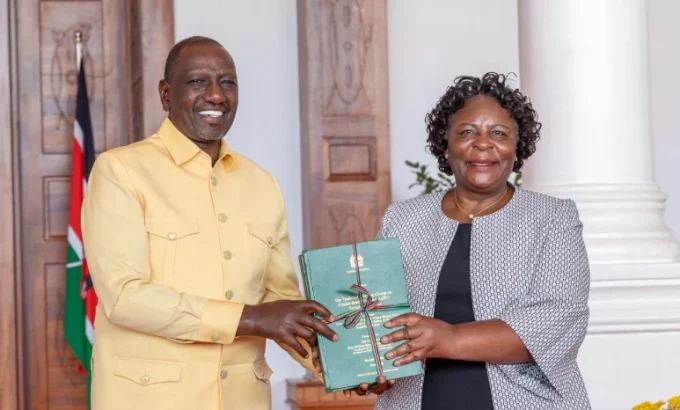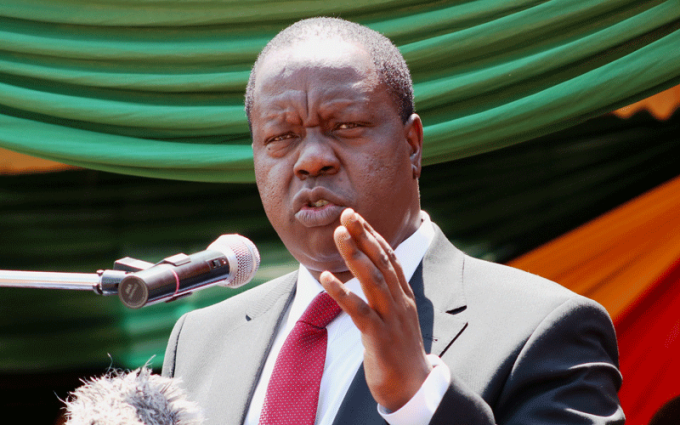Kenyans love talking about politics. It’s therefore no surprise that with less than a year to the next General election, political chatter, conversations and debates have taken centre-stage on social media as well as the mainstream.
The Presidential race has been seen to be shaping up as a contest between Deputy President William Ruto and Orange Democratic Movement (ODM) leader Raila Odinga, as well as the One Kenya Alliance (OKA) quartet of Musalia Mudavadi, Moses Wetangula, Kalonzo Musyoka and Gideon Moi. With Raila yet to officially declare his candidacy, Ruto has been seen as the early frontrunner after hitting the campaign trail early wooing voters and leaders across the country.
His campaigns have been aided on the digital front by Dennis Itumbi – a political strategist and digital media pro who was heavily involved in President Uhuru Kenyatta and DP Ruto’s campaigns in 2013 and 2017.
In the wake of the post-2017 fallout between Uhuru and Ruto over Raila’s handshake with Uhuru and the duo’s Building Bridges Initiative (BBI), Itumbi took his talents to the Ruto 2022 campaign. The former Presidential Strategic Communications Unit (PSCU) Director has been drumming up support for the United Democratic Alliance (UDA), a party associated with Ruto and his allies.
Itumbi has over 1.3 million followers on Twitter and more than 327,000 on Facebook. The self-declared ‘Hustler Nation Spokesman’ has always had a knack for stirring political conversations, but in 2021 his strategy took an interesting turn with the creation of the ‘Hustler Nation Intelligence Bureau (HNIB)’.
READ>>>>>2022: 5 Celebrities Gunning for Top Seats
HNIB is a pseudo intelligence bureau that captured the imagination of netizens, particularly supporters of Ruto, and attracted the ire of his rivals as well as a boat-load of criticism. On Itumbi’s pages, HNIB leaks purportedly highly-confidential information on politics and governance while overtly advancing the interests of the DP and his Presidential campaign.
In line with the Ruto campaign’s pro-poor messaging, Itumbi has packaged HNIB as the democratization of information hidden to protect elite interests.
In one post, Itumbi purports to reveal details, attendees and agendas of high-powered meetings involving government officials and politicians keen on crushing the Ruto campaign. In another, he publishes scholarship documents he claims government officers are keen on suppressing to deny deserving people opportunities in favor of their selfish interests.
HNIB has taken a life of its own. It splits opinion. Those opposed to it have dismissed it as a propaganda machine, claiming it pumps out misinformation in an attempt to sway public opinion.
Cause for concern isn’t unfounded. Cambridge Analytica, a big-data company accused of using misinformation and digital strategies to suit political interests had to close operations in 2018, after details of its unethical and sometimes downright illegal practices were uncovered in the U.K, US and Kenya where it worked on UhuRuto’s 2017 campaign.
In Kenya, it emerged that the company ran an aggressive digital campaign based on data-driven misinformation against Uhuru’s then opponent, Raila Odinga. It bought ads, launched fake websites, created fake content and influenced social media conversations using an army of keyboard warriors out to shape the narrative.
Misinformation will always be a threat to any democracy or electoral process. However, Itumbi insists that HNIB publishes only verified information.
It’s a fact that on more than one occasion, HNIB has shared confidential information and documents that only officials in certain government offices and security agencies would have access to. What that says about the state’s own officials and communication systems is a different story.
But as the polls draw closer, it’s increasingly apparent that Ruto has a secret weapon in HNIB – propaganda machine or not.
READ>>>>>UhuRuto Deal That Cost Kenyans Ksh245 Billion – Jimi Wanjigi













Leave a comment